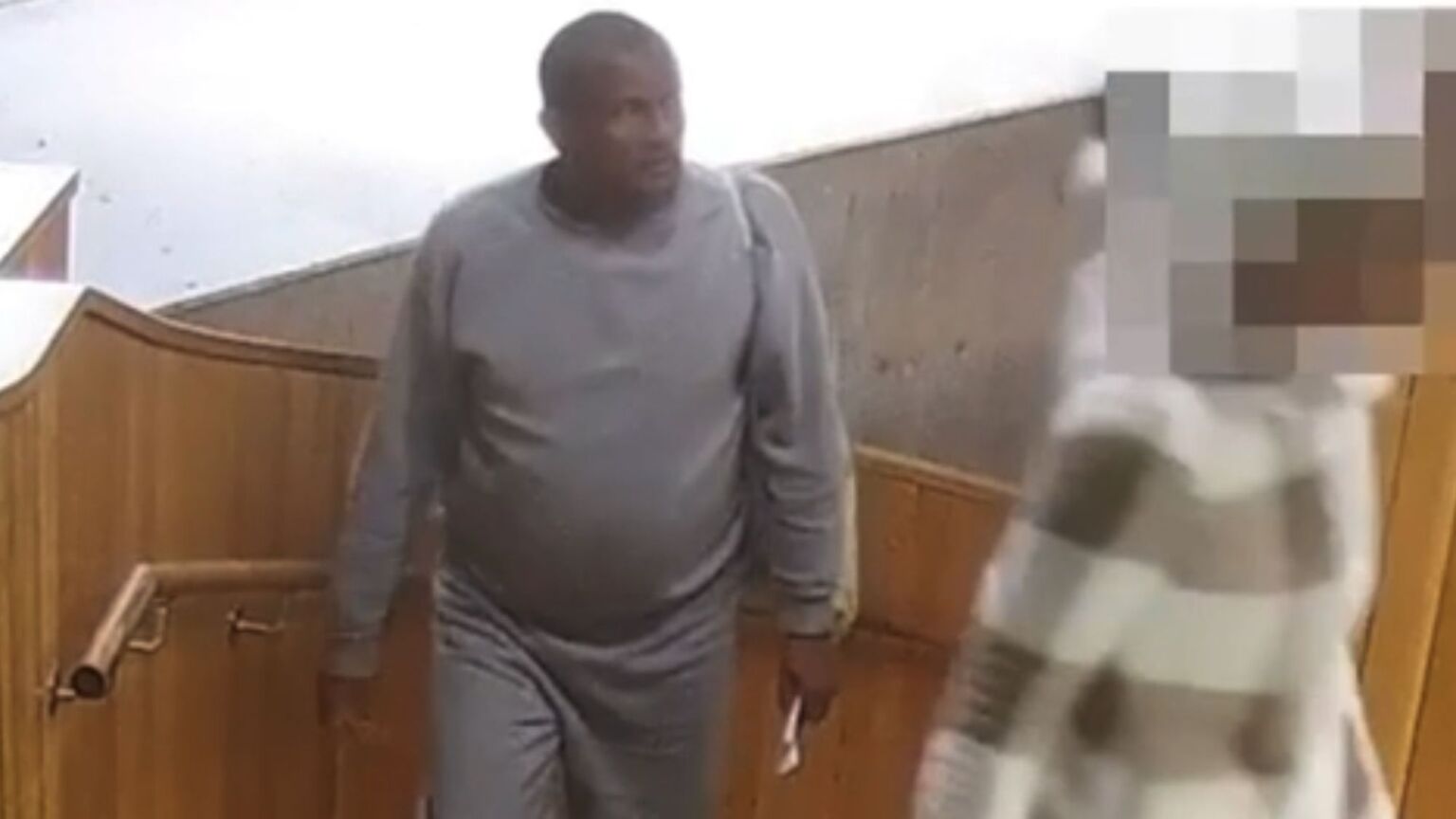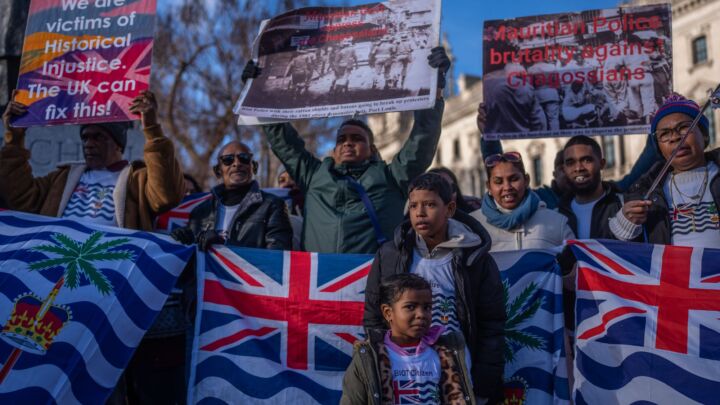Hadush Kebatu made a mockery of the surveillance state
Those ubiquitous CCTV cameras are not there to catch bad guys, but to monitor the rest of us.

Want unlimited, ad-free access? Become a spiked supporter.
For years now, whichever party has been in power has said the same thing about the rollout of security cameras and facial recognition: if you have nothing to hide, you have nothing to fear. If anything, we’re told, surveillance should be a comfort to us. Supposedly, should a dangerous criminal be on the loose, he can be easily identified and tracked down. Unfortunately, the bungled search for the accidentally released migrant sex offender, Hadush Kebatu, blew this idea out of the water.
On Friday morning, Hadush Kebatu – the asylum-hotel migrant jailed for sexually assaulting a 14-year-old girl and a woman in Epping, Essex – was mistakenly set free from HMP Chelmsford. Rather than being picked up by the surveillance cameras in Chelmsford, it was in fact a local who first captured him on video in the town centre. Since being caught on camera at London’s Stratford station at 1.12pm last Friday, having hopped on the train, Kebatu was out of the police’s hands until 8.30am on Sunday.
The fact that Kebatu was strolling free for almost two days tells us something about the surveillance state – namely, that it is not doing much to keep the public safe.
In theory, the cameras act as a deterrent against crime and as a key tool in identifying criminals. In practice, not so much. Go anywhere in London and take a look around; a public-surveillance camera is never too far away. Indeed, with over six million CCTV cameras, the UK is currently the fourth-most-surveilled country in the world. Yet London is now the 15th-most-dangerous city in Europe. It appears that replacing policemen on the streets with cameras has done nothing to discourage criminals. Violent crime has increased by 40 per cent over the past decade in London. Almost anyone who lives in a big city in the UK will have been a victim of phone theft, or know someone who has.
If the British state were serious about tackling crime, it would invest in community policing rather than in widening its CCTV network. While costing more, police deployment is far more effective at deterring crime. If done right, this can have all kinds of positive knock-on effects, improving people’s sense of security and even boosting the economy.
Yet for too long, politicians have focussed on increasing surveillance rather than police numbers. Instead of prioritising the public’s security, they have sought to intrude into ordinary people’s lives. The fact that CCTV proved so ineffective in tracing Kebatu suggests that it isn’t there to monitor those who actually pose a threat – it is there to keep an eye on the law-abiding.
Mass surveillance isn’t making us any safer, but it is giving the state eyes and ears to intrude in areas that it shouldn’t. It is vital that we do away with these invasive methods, and start targeting the guilty again, rather than the innocent.
Ted Newson is a political commentator with Young Voices.
£1 a month for 3 months
You’ve hit your monthly free article limit.
Support spiked and get unlimited access.
Support spiked – £1 a month for 3 months
spiked is funded by readers like you. Only 0.1% of regular readers currently support us. If just 1% did, we could grow our team and step up the fight for free speech and democracy.
Become a spiked supporter and enjoy unlimited, ad-free access, bonus content and exclusive events – while helping to keep independent journalism alive.
———————————————————————————————————————————–
Exclusive January offer: join today for £1 a month for 3 months. Then £5 a month, cancel anytime.
———————————————————————————————————————————–
Monthly support makes the biggest difference. Thank you.








Comments
Want to join the conversation?
Only spiked supporters and patrons, who donate regularly to us, can comment on our articles.